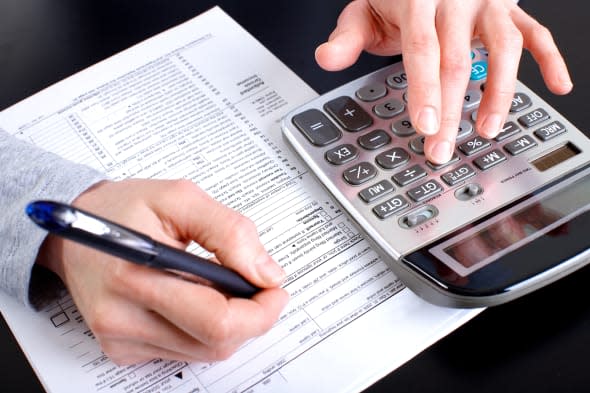Scamwatch: tax return fraud

Stay one step ahead of the fraudsters with our series of articles giving you the lowdown on the scams they use to trick people out of their hard-earned cash - and how to avoid being taken in by them.
This week, tax return fraud designed to fool taxpayers into responding to fake, phishing emails and text messages.
How does it work?
The fraudsters involved in this scam step up their activity as the tax return deadline - January 31 - approaches, sending out messages that claim to come from HM Revenue & Customs (HMRC).
In most cases, they either demand payment, or state that the person receiving the email or text message is due a refund for which HMRC needs his or her bank account details.
Last year, nearly 25,000 phishing emails were reported to HMRC at this time of year.
How can I avoid being caught out?
HMRC will never inform you about a tax rebate or penalty by email or text, so if you receive a message including this information then the best course of action is simply to delete it.
Other signs that you are being targeted by fraudsters include the message being sent from an email address that is not linked to the HMRC and it starting with a non-specific greeting such as "Dear Customer".
Any requests for personal information, such as your username, password or bank details, should also be treated with extreme caution.
I've been defrauded. What should I do?
Any suspicious phishing emails or texts asking for personal payment information should be forwarded to phishing@hmrc.gsi.gov.uk.
If you think you have been taken in by tax return fraud, you can also report it to Action Fraud on 0300 123 2040.
Related articles...
Scamwatch: iCloud fraud
Scamwatch: pyramid schemes
Scamwatch: Christmas charity fraud





